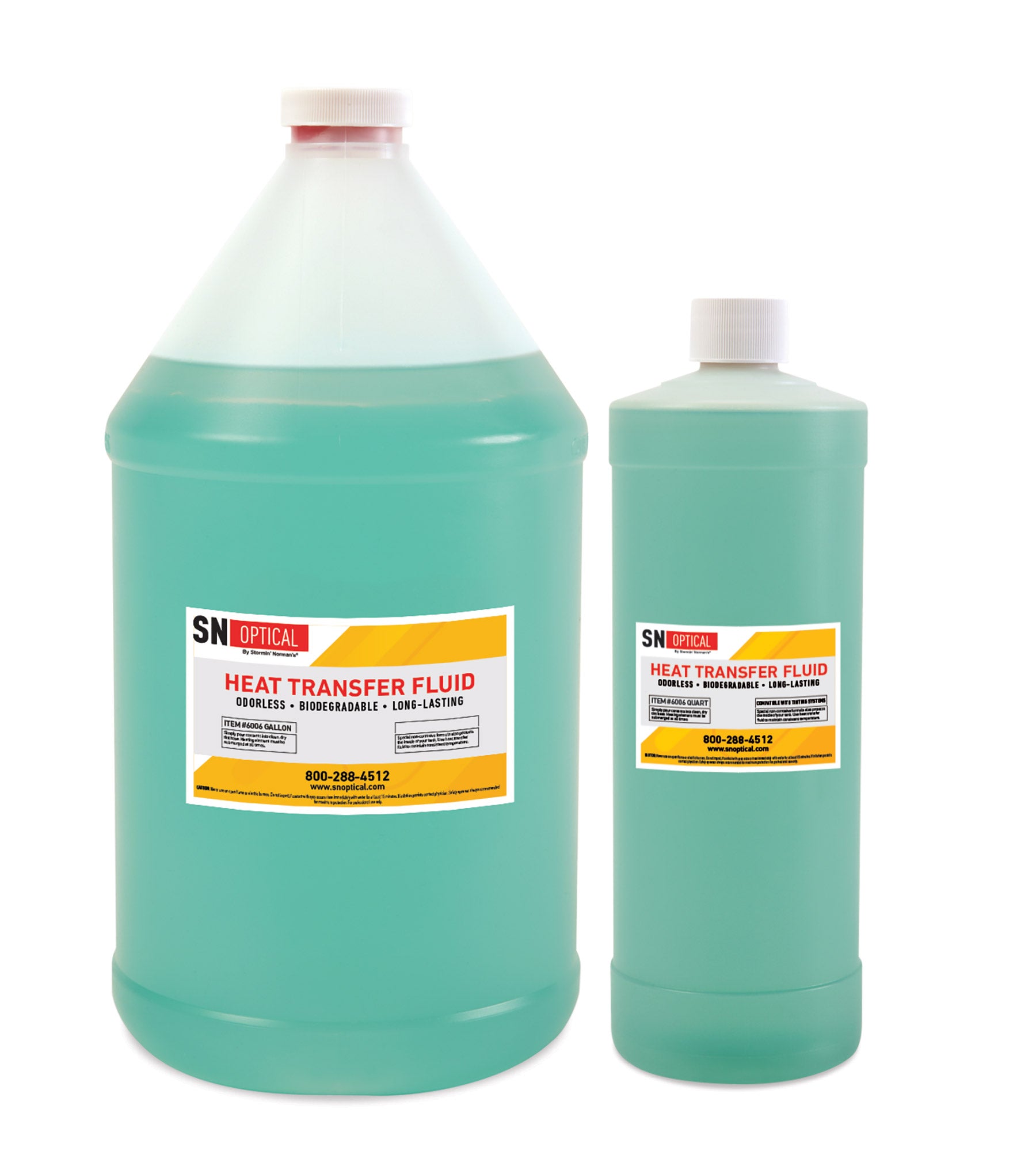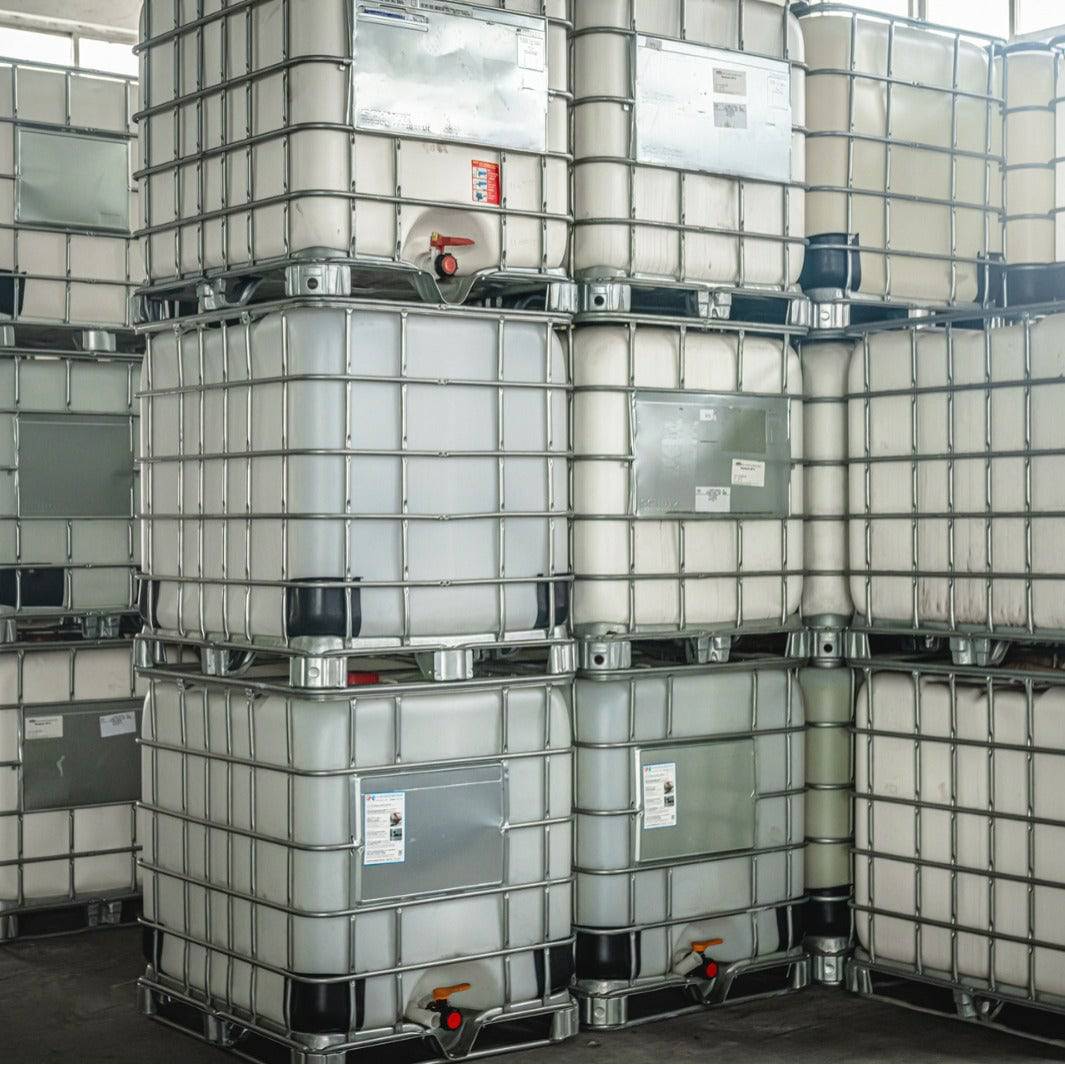Key Advantages of Using a High-Performance Heat Transfer Fluid
Key Advantages of Using a High-Performance Heat Transfer Fluid
Blog Article
Why Warm Transfer Fluid Is Very Important for Optimizing Energy Transfer in Systems
The duty of warm transfer fluids in optimizing energy transfer is critical for attaining efficient thermal monitoring throughout different industrial industries. These fluids assist in seamless heat exchange, guaranteeing processes run within optimal temperature varieties and mitigating the danger of overheating.

Role in Thermal Management
Warm transfer fluids play a vital function in thermal administration by efficiently controling temperature levels in different industrial processes and systems. These specialized liquids promote the transfer of warmth between various components, ensuring optimal operating problems and stopping overheating. By maintaining precise temperature control, warmth transfer liquids make it possible for sectors such as chemical manufacturing, oil and gas, and power generation to operate securely and effectively.
The choice of an ideal warm transfer fluid relies on a number of elements, consisting of thermal security, heat capacity, and viscosity. High thermal security guarantees that the fluid can stand up to extreme temperature levels without deteriorating, while a high warm capacity permits it to take in and launch considerable quantities of warm - heat transfer fluid. Low thickness minimizes the energy required for pumping, adding to general system efficiency
Moreover, heat transfer liquids are essential in applications like refrigeration, where they aid take in and dissipate warmth during the cooling cycle. In solar thermal power systems, these fluids capture and transport solar warmth to create electrical energy or give warm water. Their versatility to diverse operating problems and capacity to maintain constant thermal efficiency highlight their relevance in industrial thermal management, promoting operational connection and enhancing security actions.

Enhancing System Effectiveness
To maximize the benefits of thermal management, boosting system efficiency via the calculated use warm transfer liquids is paramount. These liquids play a crucial duty in optimizing energy transfer by facilitating consistent thermal law, which in turn influences the overall performance and long life of systems. Efficient warm transfer brings about minimized energy losses, decreased functional prices, and improved dependability of tools. By maintaining optimum temperature levels, warmth transfer fluids assist make sure that systems run within their designed specifications, consequently preventing overheating and reducing the threat of part failure.

Sorts Of Warmth Transfer Liquids
The variety of warmth transfer fluids underscores their essential role in a series of commercial applications, each customized to fulfill certain thermal administration demands. These fluids help with efficient power transfer and are picked based upon crucial residential or commercial properties such as thermal stability, viscosity, and heat ability. The key types include water, glycol solutions, oils, and synthetics, each offering distinctive benefits.
Water is the most typical warmth transfer tool due to its high particular warmth capability and low cost. Mineral oils are preferred for their thermal stability and non-corrosive nature, making them ideal for high-temperature applications.

Artificial liquids, including silicone and aromatic substances, offer extraordinary thermal security and are utilized in settings requiring severe temperature ranges. These liquids make certain exceptional performance in systems where standard fluids may stop working. The choice of a heat transfer liquid is critical, as it influences system performance, safety, and long life. Each kind should be selected to straighten with the operational demands and the specific conditions of the application it offers.
Environmental and Economic Advantages
Utilizing the best heat transfer fluids supplies significant ecological and financial benefits for industrial operations. By picking liquids with remarkable thermal stability and high heat ability, sectors can improve energy efficiency, leading to lowered gas usage and lower greenhouse gas exhausts. This adds to a smaller sized carbon footprint and lines up with international sustainability objectives. Eco-friendly heat transfer liquids, often biodegradable and safe, lessen the danger of dirt and water contamination in case of leaks or spills, therefore securing environments and following rigorous environmental regulations.
Financially, the best heat transfer fluid can considerably minimize functional expenses. Reliable heat transfer reduces energy expense, leading to lower energy bills and improved productivity. Furthermore, liquids with extensive lifecycle performance reduce the view regularity of substitutes and upkeep, reducing downtime and connected expenses. Investing in top notch liquids can also reduce the danger of devices deterioration and failing, preventing costly fixings and extending the life-span of vital facilities. In open markets, these financial savings and performances give a distinct advantage, allowing site link companies to allocate resources a lot more properly and spend in more technology. On the whole, the tactical use of optimal warm transfer fluids supports lasting financial growth and ecological stewardship.
Selecting the Right Liquid
How does one browse the intricate process of selecting the appropriate heat transfer liquid for commercial applications? Choosing the proper liquid is critical, as it straight influences system efficiency, security, and functional costs. Key considerations include thermal stability, compatibility with system products, and operating temperature range. Thermal security guarantees the liquid can stand up to heats without breaking down, while compatibility avoids corrosion or various other damaging responses with system components. The operating temperature array need to align with the system's needs to keep efficiency and long life - heat transfer fluid.
Furthermore, the liquid's warm capacity and thickness are extremely important. A high heat capacity enables the fluid to absorb and move even more power, enhancing efficiency.
Verdict
The critical option and application of heat transfer liquids are basic to maximizing energy transfer throughout different systems. By guaranteeing high thermal security and capacity, these liquids offer exact temperature control and enhance total system efficiency.
Report this page